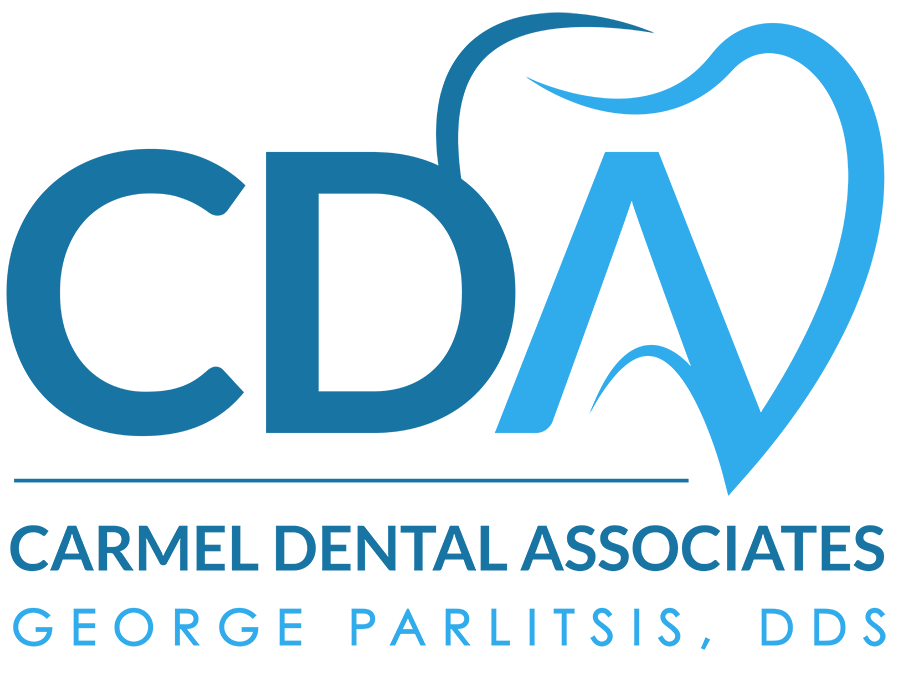Scaling and root planing, or SRP as it's sometimes called, goes a bit deeper than a regular teeth cleaning. With an SRP, a dental hygienist cleans below the gum line so they can remove and reach calculus, tartar, and other substances that can have a negative impact on oral health.
Not removing these types of materials can cause or perpetuate gum disease and lead to bleeding and deeper gum pockets. These pockets can lead to tooth and even bone loss. If you are considering this essential dental health procedure, you might wonder how much time you need to carve out of your schedule.
How Long Does SRP Take?
Typically, a deep teeth cleaning should take around one to four hours, depending on the experience of the dental hygienist, the position of the teeth, the debris on the mouth, and any pre-existing gum disease or dental problems. Sometimes, proper scaling and root planing of all the root surfaces in a single quadrant of the mouth takes approximately one hour per quadrant. Often, the hygienist will do one side of the mouth in a one-hour session. For example, the left side of the mouth can be done in one hour (both quadrants), and then the two right quadrants will be done at a separate appointment a week or so later.
Here's what you can expect during an SRP:
- The hygienist will numb your mouth by injecting a local anesthetic.
- Your dental provider will use tools, including an ultrasonic device with a vibrating tip or a dental scaler to scrape plaque and calculus from above and below the gum line. With this "rubbing" motion, the teeth are polished, and the teeth's rough spots are smoothed out.
Does Scaling and Root Planing Hurt?
Most dental providers will usually apply a local anesthetic to numb your gums. This process might be uncomfortable, and you may feel some sensitivity during your SRP. Throbbing and achiness may also occur. Sometimes the tartar and calculus built up on the root's surface works as a thermal barrier. Once it's removed, the underlying teeth may be temperature sensitive. Gum manipulation by the dental hygienist can lead to soreness or throbbing for a brief period.
Remember that even regular teeth cleanings can cause a small amount of gum and teeth pain. However, the pain and discomfort caused by an SRP are temporary and much better than experiencing all the negative impacts of gum disease.
Should You Get an SRP?
A deep dental cleaning may not be your idea of fun, but it's imperative to help prevent periodontal disease. It goes beyond a routine cleaning by smoothing and deeply cleaning the surface of the roots beneath inflamed gums with a pocket depth beyond three mm. You'll need to prepare for your visit to last around one to two hours; usually, most people require two visits of this length.
Most dental insurance policies cover SRP. Don't put your mouth at risk; contact or call Carmel Dental Associates at 845-225-2224 to schedule yours today.

